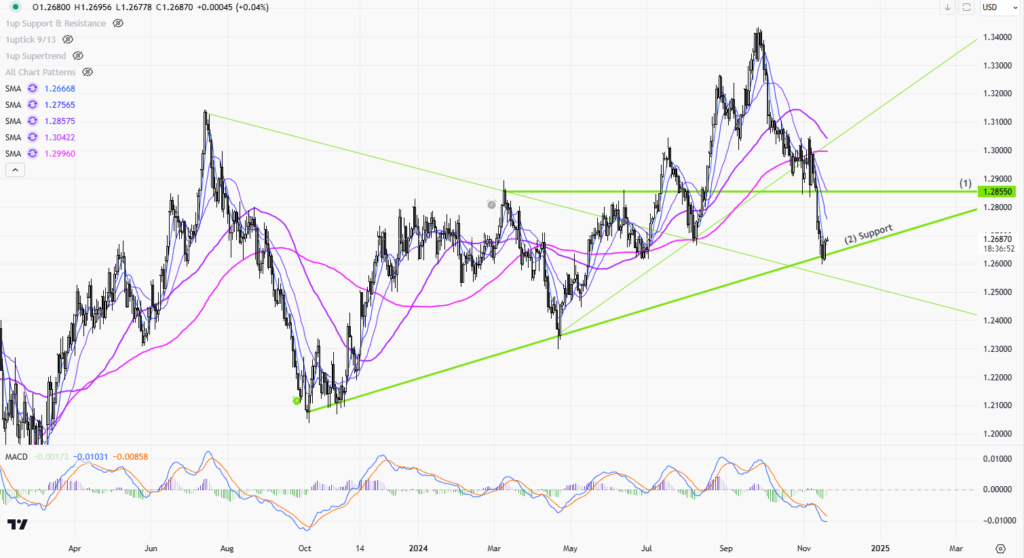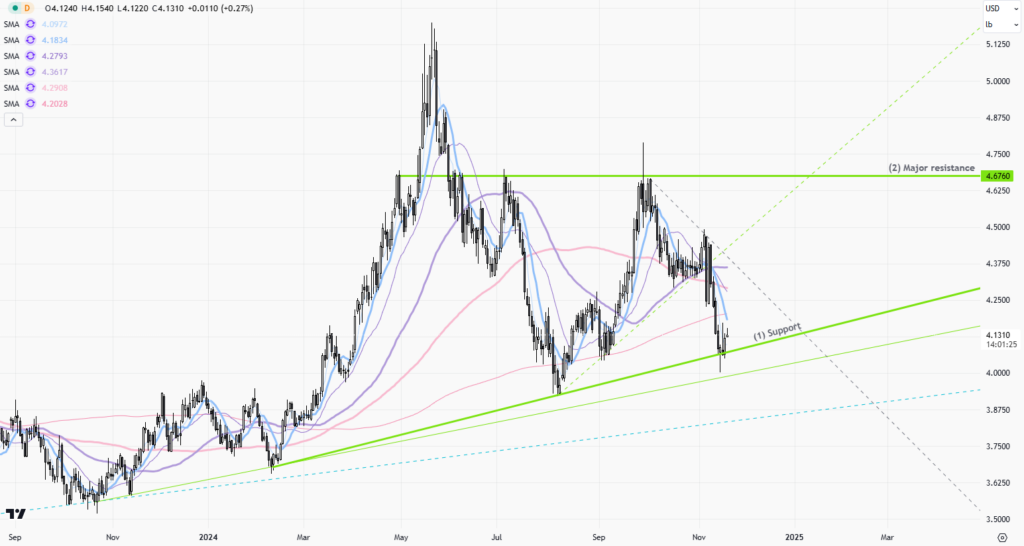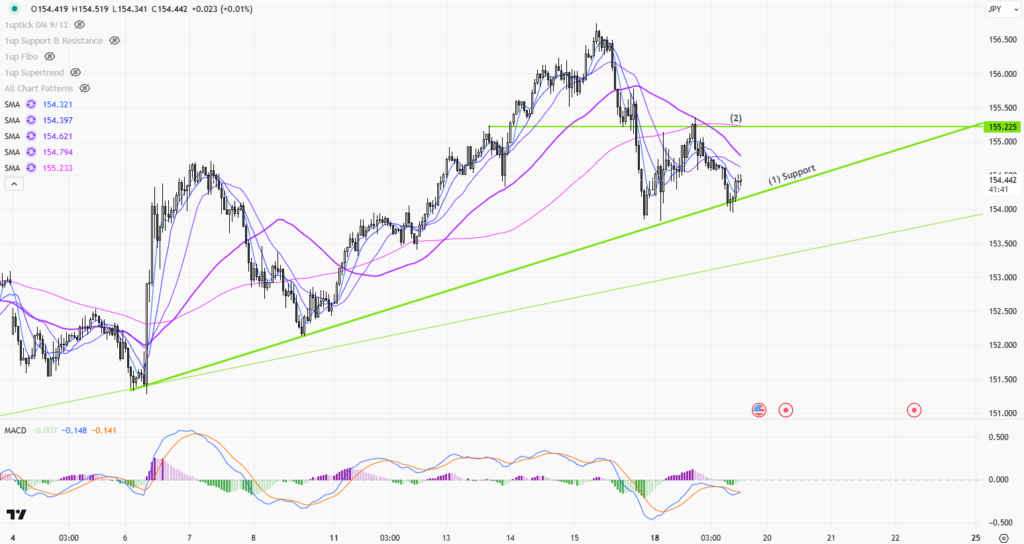 |
| Gold V.1.3.1 signal Telegram Channel (English) |

U.S.-China Trade War Escalates: China’s Boeing Ban Hits Supply Chains, Pressures Aviation Stocks
2025-04-16 @ 14:07
Tensions between the U.S. and China are escalating again, and this time the impact has spread beyond consumer goods to the aerospace industry. Reports indicate that the Chinese government has instructed several domestic airlines to suspend deliveries of new Boeing aircraft, including the 737 Max, and to restrict purchases of U.S.-made aircraft components. This move is seen as a retaliatory measure against the unexpected imposition of higher tariffs by Washington, sparking widespread concern over the consequences for the global aviation market and supply chains.
China has imposed retaliatory tariffs of up to 125% on imported U.S. aircraft, greatly inflating the import costs of Boeing planes and related components. Some airlines—despite already having signed contracts—are now facing serious financial strain due to the increased expenses. Around 10 Boeing 737 Max jets, originally scheduled for delivery to major Chinese carriers, are currently in limbo. This includes planes intended for China Southern Airlines, Air China, and Xiamen Airlines. Some of these aircraft are in the final assembly phase, while others are stuck at Boeing’s delivery centers in Seattle and Zhoushan.
The restrictions aren’t limited to new aircraft. Imports of spare parts are also being curtailed, raising concerns among airlines about maintenance operations and fleet availability. Industry sources say that delays in repairs may be unavoidable, and authorities are reportedly considering financial aid packages to support the affected airlines—though nothing has been finalized yet.
The market response has been swift. Boeing’s stock took a hit following the news, plunging nearly 5% intraday and closing down over 3% at $154.37. Year-to-date, the stock is down more than 10%. Analysts point out that China accounts for roughly 20% of Boeing’s global deliveries. If this freeze drags on, it could seriously disrupt Boeing’s production schedule and cash flow. Ripple effects could also be felt by U.S. suppliers like Spirit AeroSystems and GE, which provide components and aircraft engines to Boeing.
Despite the tough stance, there are signs of flexibility. For instance, Juneyao Airlines, which had been scheduled to take delivery of a Boeing 787 wide-body jet, has reached an agreement with Boeing to delay the handover. This suggests that transactions already paid for may still proceed under special arrangements. Industry observers believe this measured approach by Beijing could be a strategic way to preserve room for future negotiations. So far, the U.S. has not issued a formal response.
In the long run, China’s move is seen as part of a broader strategy to accelerate the development of its domestic aviation sector. While the homegrown C919 jet is still undergoing production ramp-up and international certification, limiting Boeing imports could help open up space for local alternatives to grow. Some Chinese airlines are considering extending the lifespan of their current fleets or shifting more purchases to Airbus to meet near-term capacity needs. However, rising tariffs are bound to increase operational costs, and service changes on certain routes are likely.
Ultimately, these new import restrictions on Boeing aircraft further deepen the economic standoff between the U.S. and China and inject new uncertainty into the global aerospace supply chain. With geopolitical risks on the rise and trade talks stalled, businesses and investors would do well to reassess their exposure to U.S.-China tensions and brace for continued volatility ahead.


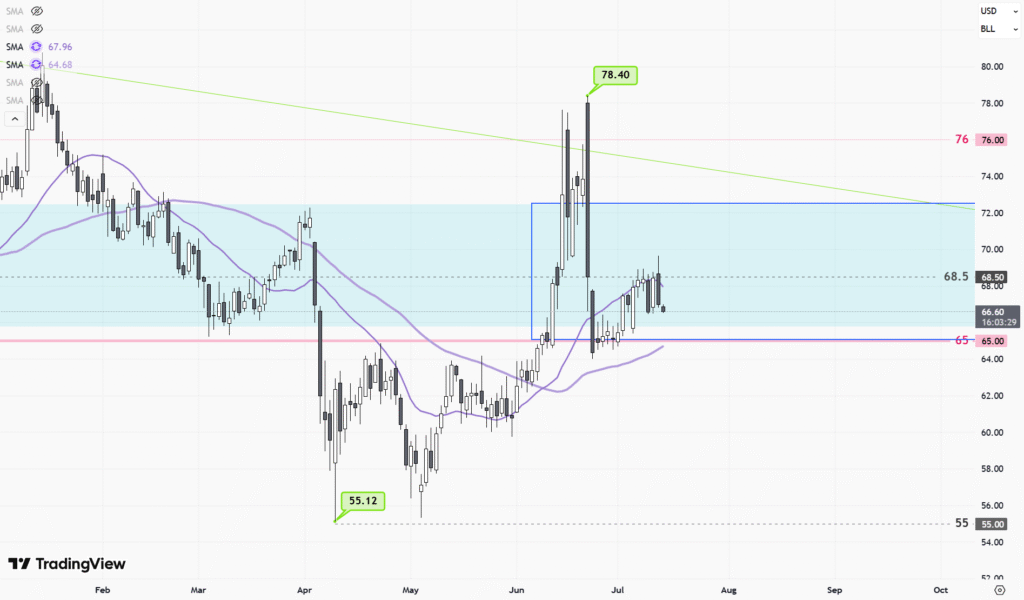
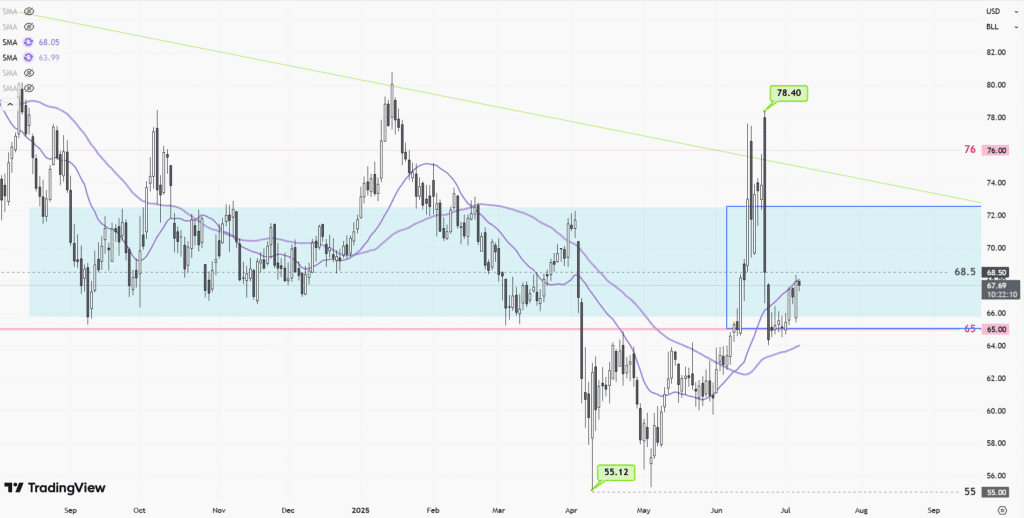
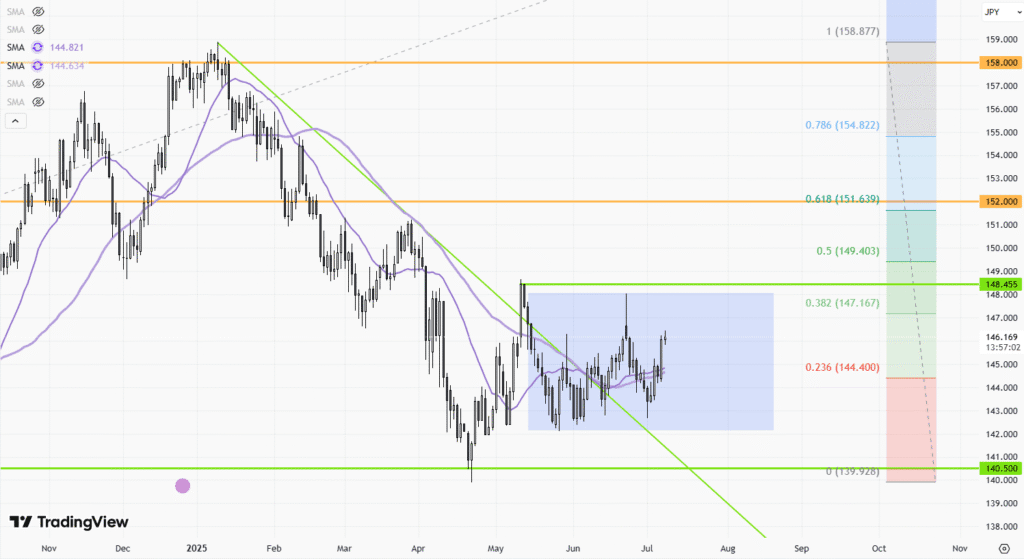
![[Daily Closing 🔔] Gold – Gold Prices in New York Swing Sharply as Geopolitical Tensions and Dollar Strength Drive Market Uncertainty](https://int.1uptick.com/wp-content/uploads/2025/05/2025-05-22T235933.071Z-file-1024x576.png)
